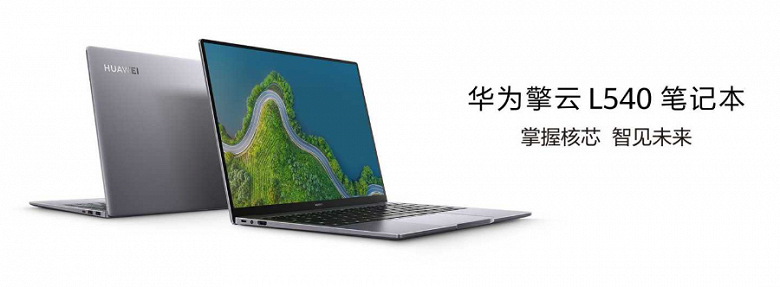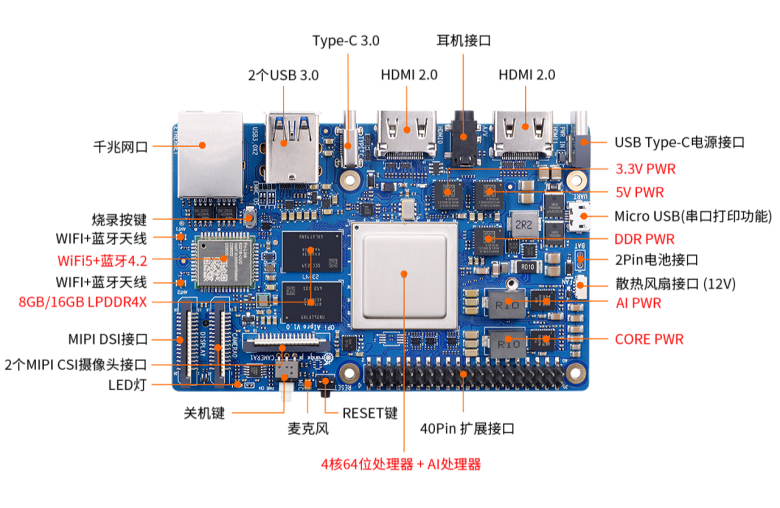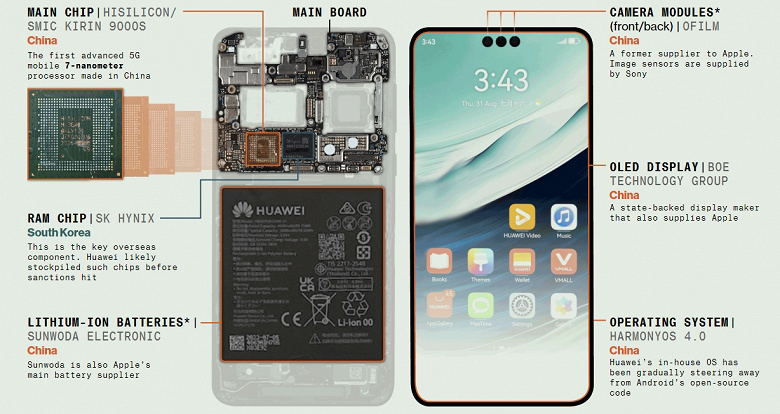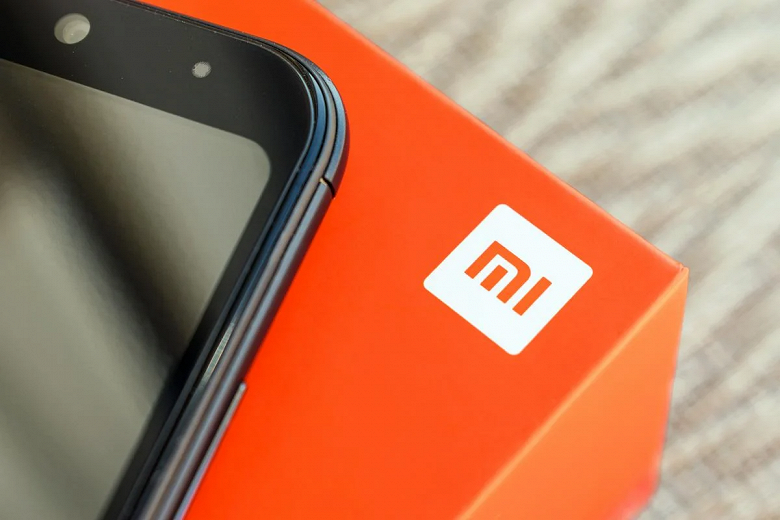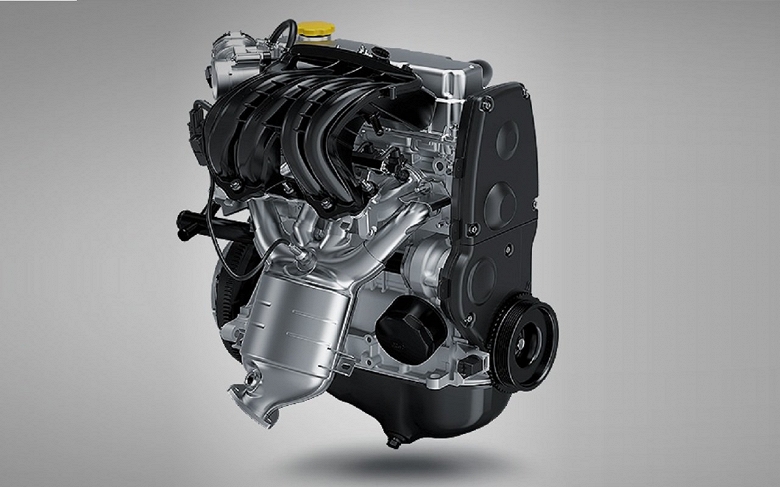The development and implementation of new technologies, such as artificial intelligence, cloud and intelligent computing, is gaining momentum in enterprises around the world. The widespread implementation of digital transformation is significantly changing the demand for technologies provided by service providers. Changing user behaviour contributes to the evolution of business models, greatly increasing service requirements. Thus, each company needs an individual approach. However, one ICT company cannot cope with all the tasks that each company sets itself. Since cooperation is very important for promoting innovation, technology companies should expand strategic partnerships that will ensure a successful and sustainable digital transformation not only for customers but also for the companies themselves.
Huawei, Intel and SAP Working Together to Develop Intelligent Computing Solutions
Huawei is an ardent supporter of partnerships. Over the past decades, Huawei has collaborated with various organizations to create solutions in many areas. One of Huawei’s main partners is Intel, as both companies provide a wide range of solutions for customers. Technology giants have one common interesting feature – companies invest heavily in research and development, resulting in innovation. In addition to the fact that each of these companies works to the limit, they work closely on the continuous modernization of hardware platforms and software updates to ensure the most efficient operation of the equipment.
One of the most striking examples is the FusionServer product line. In 2019, the FusionServer range was expanded to FusionServer Pro to meet the intellectual transformation requirements of data centres. The next upgrade phase was carried out in early 2020, as a result of which the entire FusionServer Pro series was transferred to the latest Intel Cascade Lake Refresh processors. The complete series includes rack-mount, high-density, heterogeneous blade servers and servers for mission-critical applications, so customers can choose the latest products and solutions that are most suitable for specific scenarios.
In fact, Huawei and Intel have been cooperating for a long time and continue to develop their partnerships. Over the past decade, Huawei has shipped over 4.31 million x86 servers, and that number continues to grow. Despite some ups and downs in 2019, server shipments this year already reached 746 thousand units, making Huawei the fifth-largest company in the world market. This proves once again that partnership plays a very important role since joint efforts allow each partner to survive difficult times.
In addition, cooperation is the exchange of knowledge and experience. Intel has released AEP memory, the first generation of energy-efficient memory for data centres that meets customer needs, unlike expensive small-capacity DRAMs. Last year, Huawei introduced AEP in its core products, as well as in SAP HANA solutions. Recently, Huawei and Intel have expanded the number of products that can use the second generation of read-only memory.
HANA Solutions is another product created through strong partnerships and the sharing of experience. In 2012, SAP announced Huawei as its first global technology partner. And next year, the first joint certified Huawei Huawei HANA solution was released, which combined the achievements of SAP in the field of data processing and the high-performance hardware platform of Huawei.
Continuing to develop its cooperation, in 2017, Huawei and SAP created a joint innovation centre in Shenzhen, in which a high-quality HANA system based on Huawei’s KunLun processors was developed. Last year, companies signed another agreement of intent as part of the Galileo project for industry solutions. The potential of this project is huge, it opens up endless possibilities.
In the face of a constant need for technology development, partnerships are essential. However, Huawei is also trying to improve its own capabilities. This guarantees the company continuous support of partners and customers, providing a stable supply and stable supply in various areas of activity.
To create supply chains, Huawei has established supply centres around the world. Material bases in Europe, Mexico, Dubai, Brazil and China form an extensive supply chain. Even in critical conditions of coronavirus outbreaks, Huawei provides a two-week delivery time for standard configurations in key regions, trying to continuously fulfil customer orders.
The key to the stability of the supply of Huawei – both materials and products – is the reservation and use of available components. Spare parts are purchased in advance or directly produced by the technology giant itself. The stability of production ensures the independent functioning of the entire process from the manufacture of components to the release of a complete set of equipment. With the help of an element management system for core business areas, Huawei is able to easily meet supply needs at any time.
Recently, Huawei announced its continued cooperation with Intel and SAP, including on upgrades to the FusionServer series, which will run on second-generation Intel Xeon Scalable processors. These processors will become a unified balanced basis for unprecedented scaling, which will optimize performance, network connectivity, memory, disk space and the structure of products that can support modern and future enterprise applications. Intel also offers Deep Learning Boost technology to accelerate data mining so that enterprises can run applications with built-in artificial intelligence or independent platforms.
As Huawei’s founder Ren Zhengfei said earlier: “Only through open cooperation will we be able to satisfy demand and give more people the opportunity to use new, profitable technologies at a lower cost? For this, we need thoughtful collective efforts. Huawei is committed to attracting more partners to work together and expand the ecosystem for the global good. ”
The long-anticipated Huawei Cloud & AI Live Europe webinar is streaming right now, presenting a full package of tips and solutions to advance your #AI roadmap. Check this out. https://t.co/2YuI0E5FNc
— Huawei Intelligent Computing (@Huawei_IntCom) May 7, 2020


